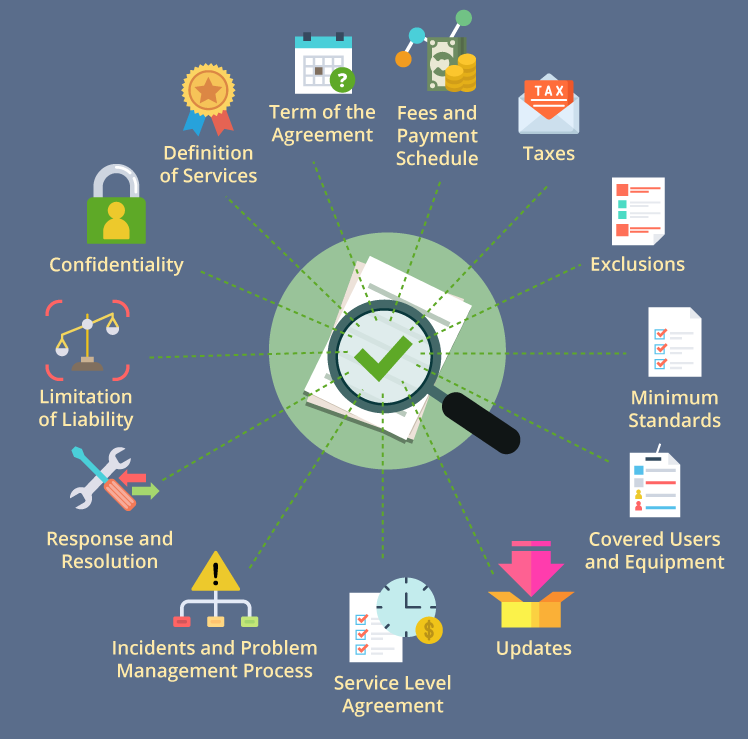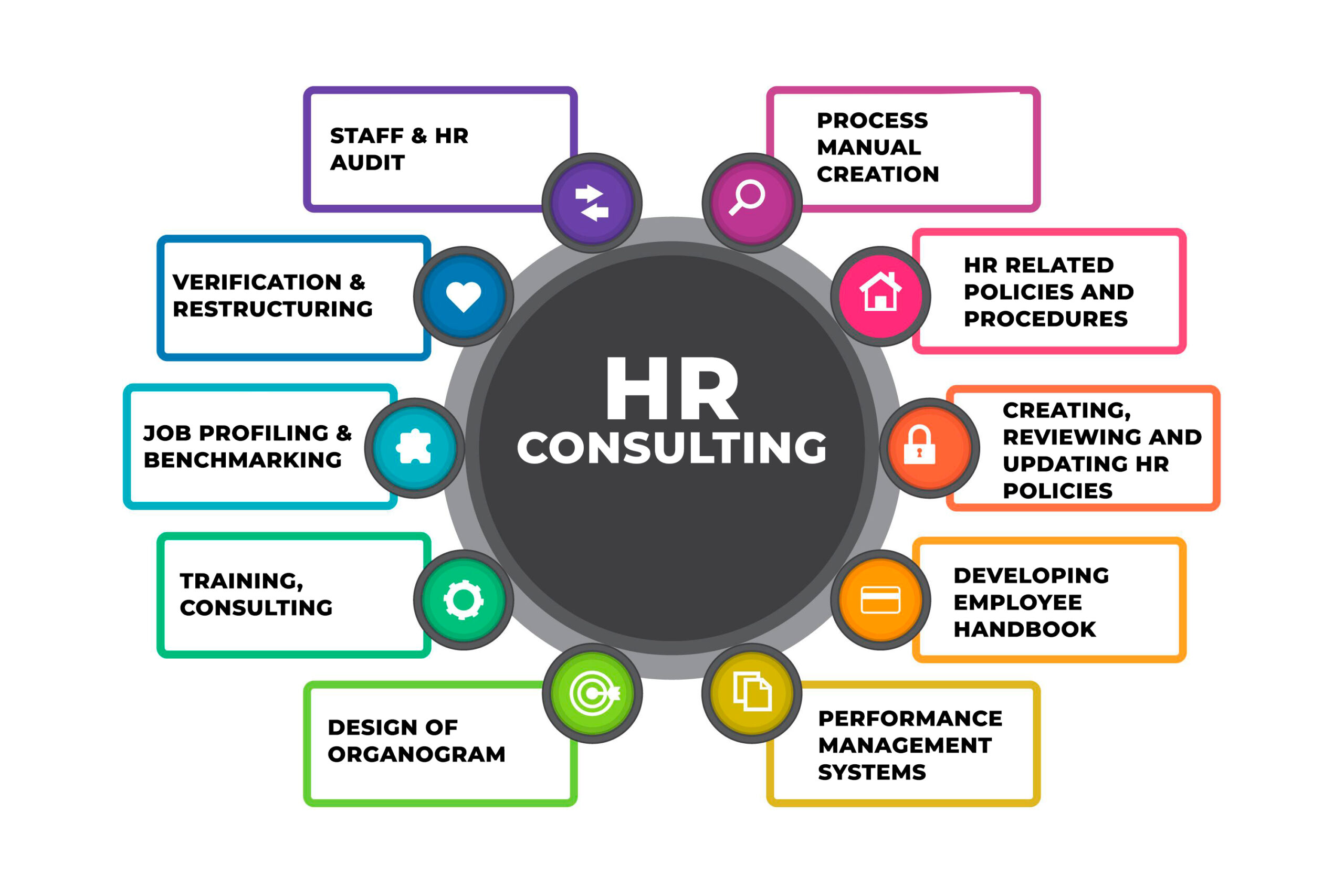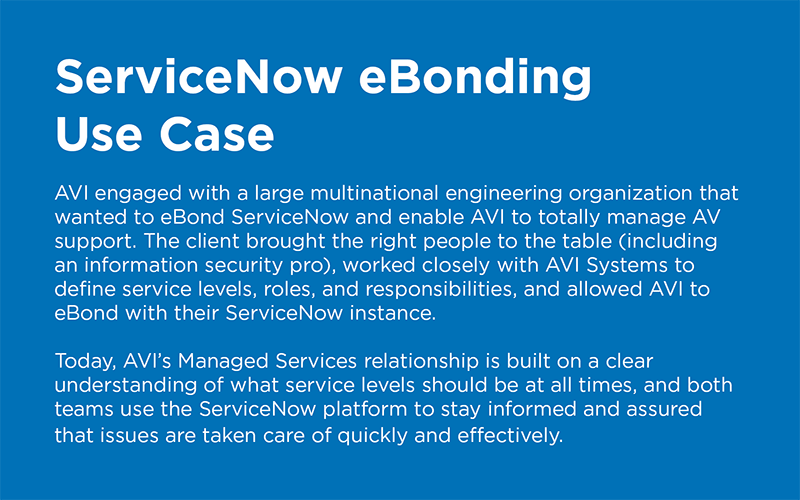Compliance Functions can Easily Be Outsourced
Managing relations with regulative authorities is a complicated procedure in which every company is likely to experience some problem depending upon changes in guidelines and differing levels of stringency.
Managing relations with regulatory authorities is a complex process in which every company is likely to experience some problem depending on modifications in guidelines and varying levels of stringency. In this environment, outsourcing compliance functions has ended up being a favorable competitive edge in the company world. Here’s a closer take a look at the vital benefits
outsourcing can bring to your company:

1. Cost Efficiency
In addition to earnings, costs include staff member training and needed software and products due to the development of requirements. Outsourcing compliance functions considerably helps reduce these costs. Due to the third-party business model, the expenses can be distributed amongst a number of customers, freeing organizations from high costs in keeping a team of specialized compliance experts.

2. Access to Specialized Expertise
Regulatory landscapes are continuously evolving, with laws differing by area and industry. Adapting to such changes can be very requiring for in-house groups. When the services are contracted out, the organizations obtain expert service providers who also ensure they comprehend the brand-new requirements based on the current legislation. This keeps all the business on the right side of the law by offering constant updates without the need to employ internal trainers or specialize in particular niches for training functions.

3. Scalability and Flexibility
Business needs can vary, specifically in industries vulnerable to seasonal demand or quick development. Compliance functions can easily be outsourced, implying a company can or reduce services depending upon its needs. This flexibility is useful to industries running in new areas or planning on introducing new products into the market. Instead of hanging out focusing on executing methods for staffing and training brand-new workers, a 3rd party can scale up the business without a hitch.

4. Reduced Risk and Enhanced Compliance
Penalties vary from fines of as much as 10 million dollars to possible legal action besides damaging the company’s image. The workplace’s compliance specialist has practical experience and understanding of many rules that reduce the possibility of infractions. They are also outdoors viewpoints and can identify additional compliance drawbacks that an internal team misses. Outsourcing here makes sure that organizations get complete audits, regular checks, and even early warning and prevention systems.

5. Concentrate On Core Competencies
Compliance jobs can be lengthy and sidetrack from a company’s primary goals and operations. Offloading such activities enables organizations to shift their attention to other vital functions like creating brand-new products and undertaking research study, among others, offering customers complete satisfaction and overall strategic direction. It likewise stimulates development since all the groups’ efforts are directed towards development and development jobs.
6. Leverage Advanced Technology
Staying compliant in today’s digital age often needs advanced software and monitoring, reporting, and data analysis tools. Outsourcing providers will likely procure modern innovation to provide their product and services. As a result, businesses enjoy the advantages of these technological developments, yet the business can invest less on buying and keeping properties.
Conclusion.
Outsourcing compliance functions has numerous advantages: it uses cost-effective options, dedicated field knowledge, integrated risk sensitivity, and dynamic position. Organizations can preserve compliance Through the right supplier without stressing the necessity of sourcing for two companies when one can do the work. In the current world, where business environment is highly dynamic and intricate, compliance outsourcing exceeds rationality, for it is not only a method to save expenses but likewise a competitive benefit for organizations.


